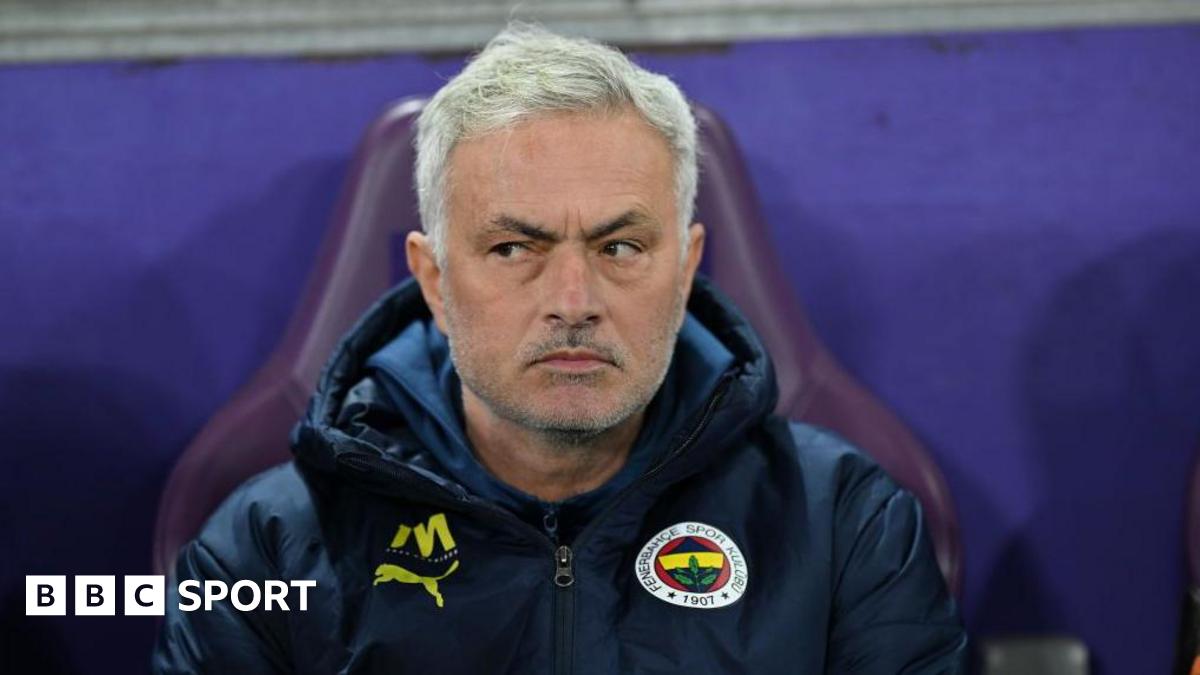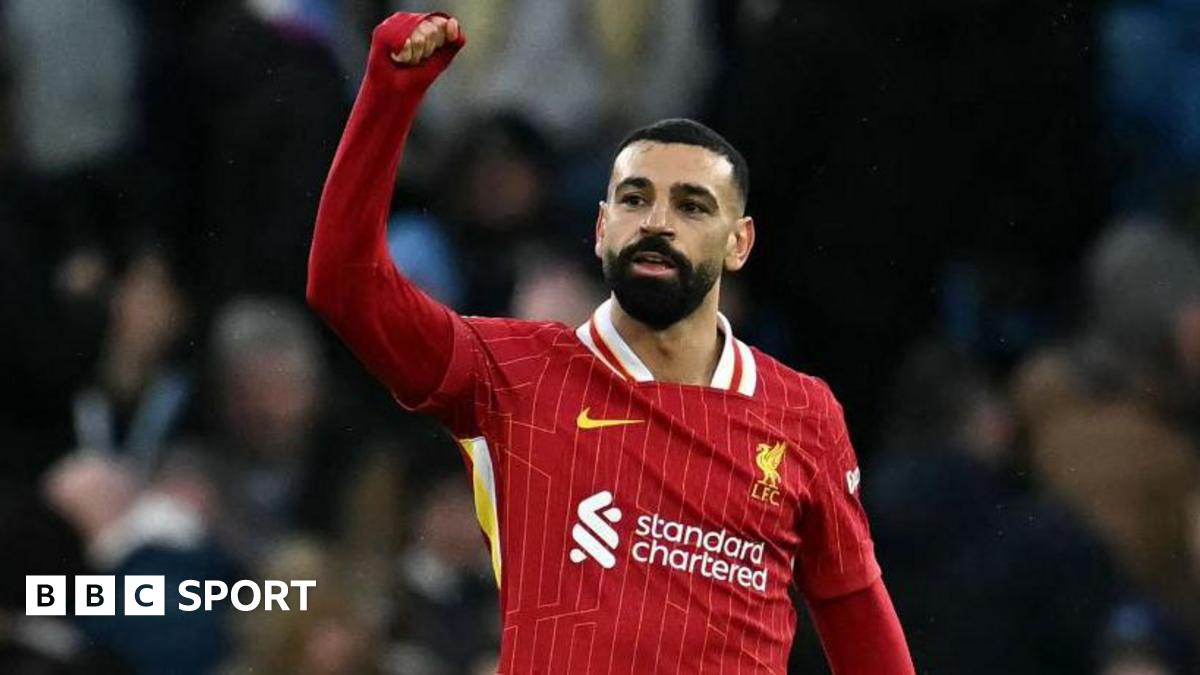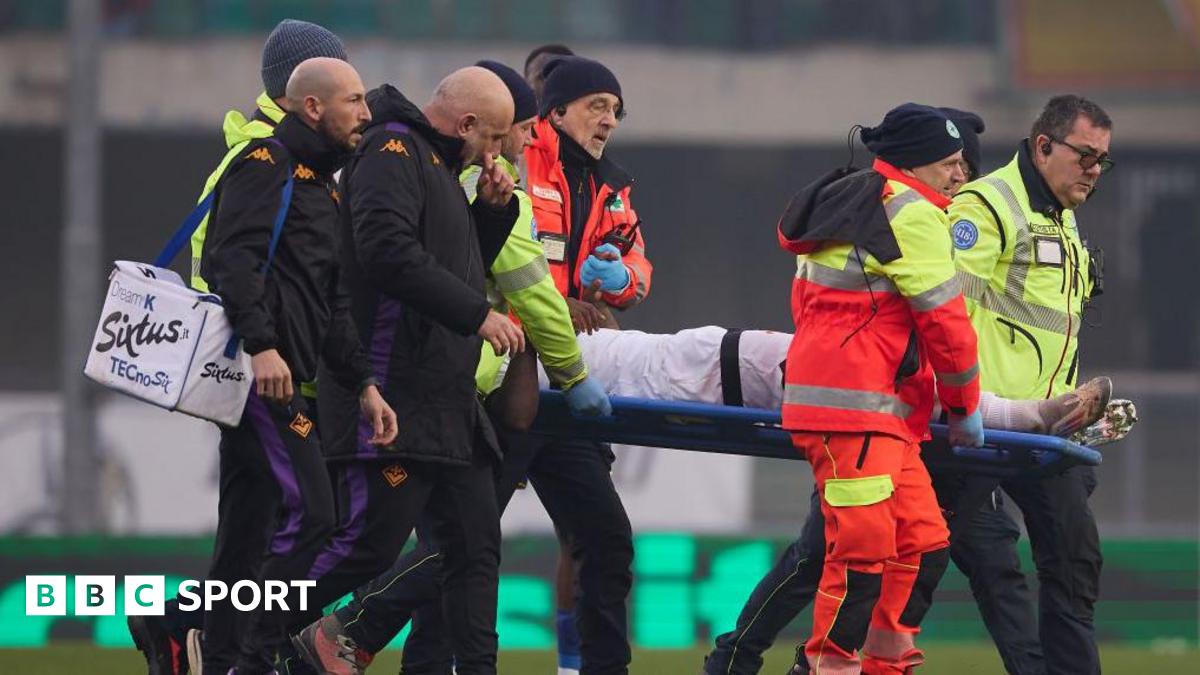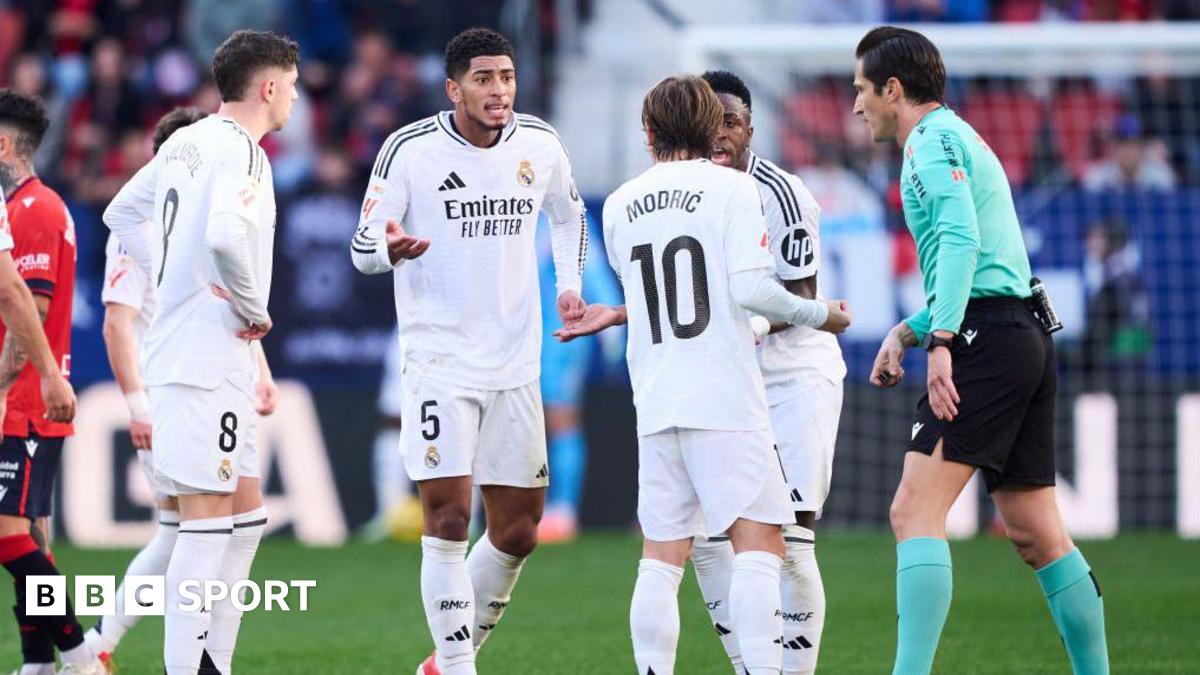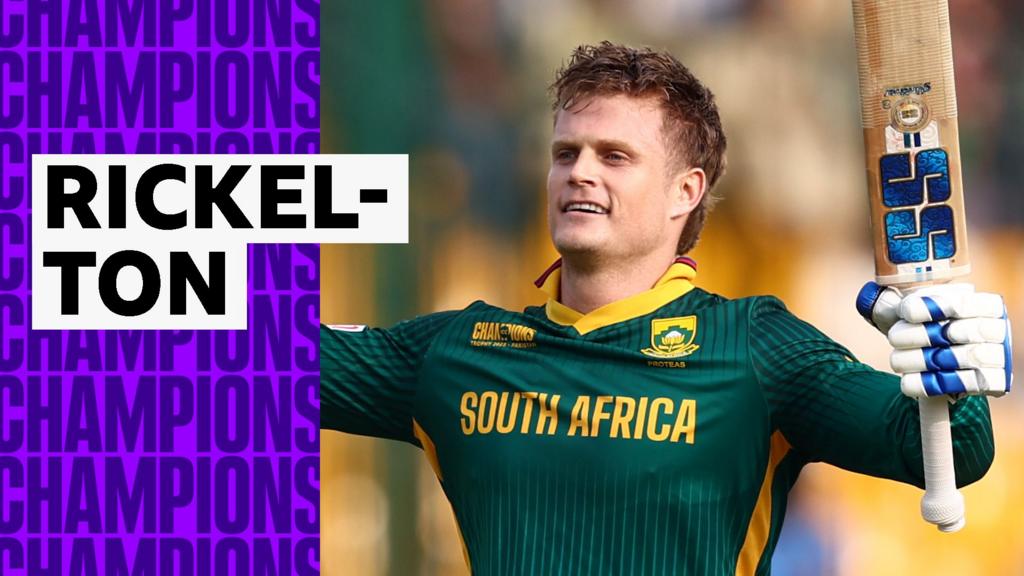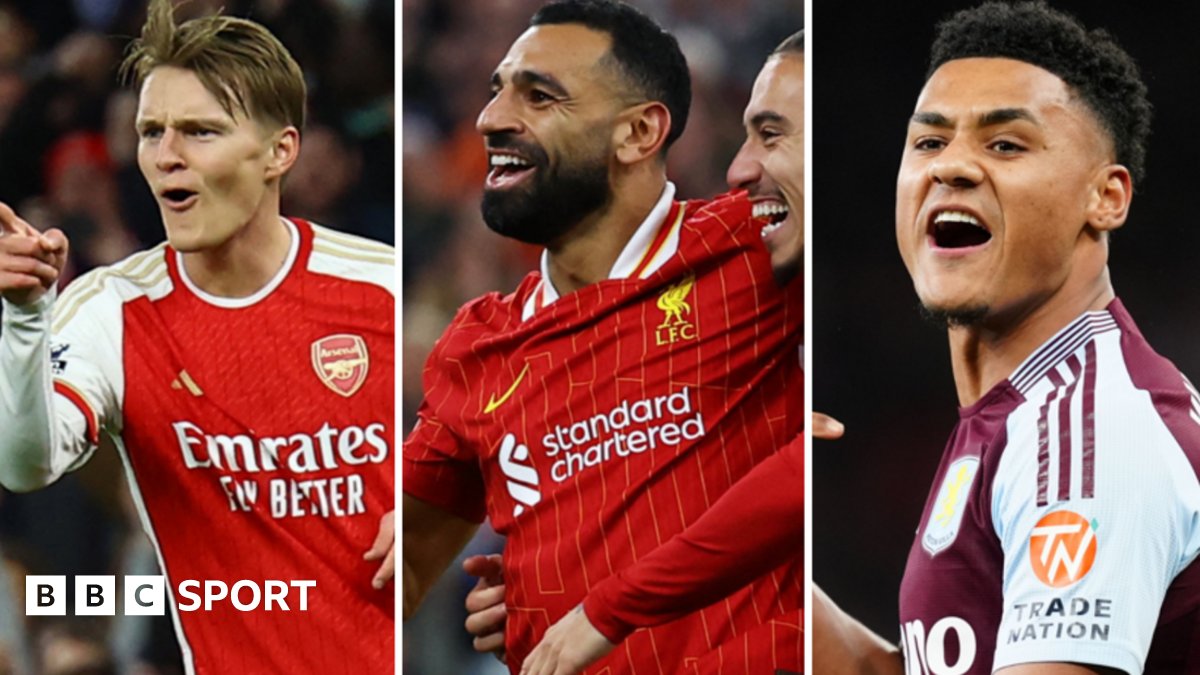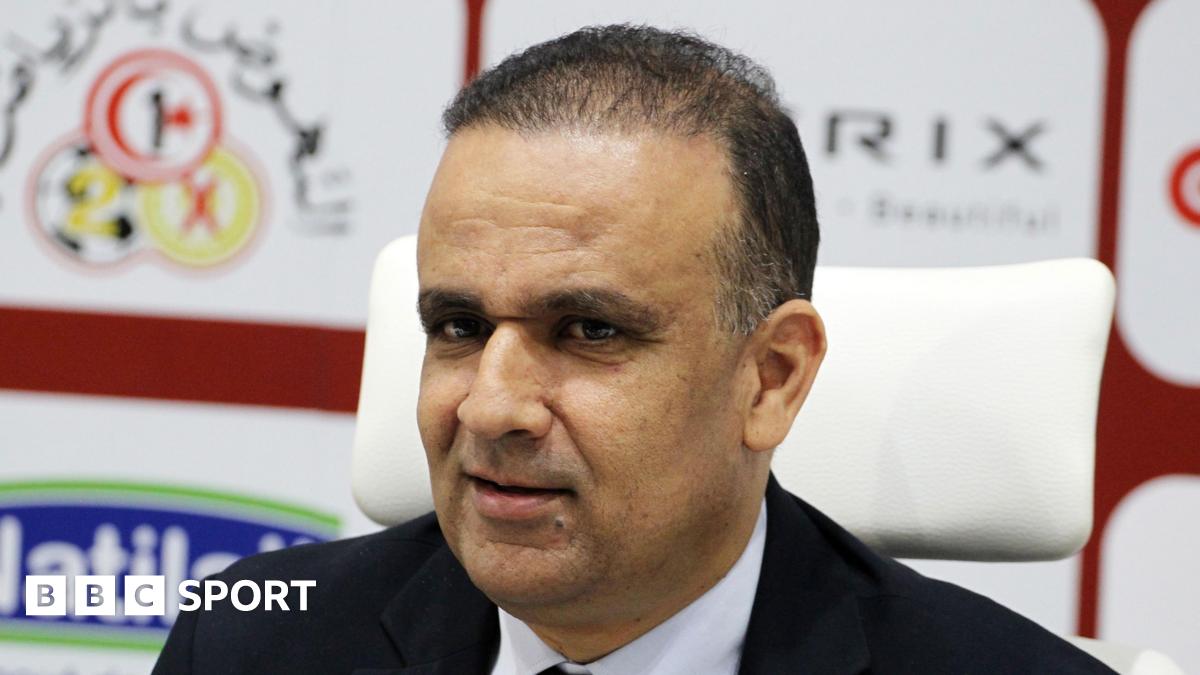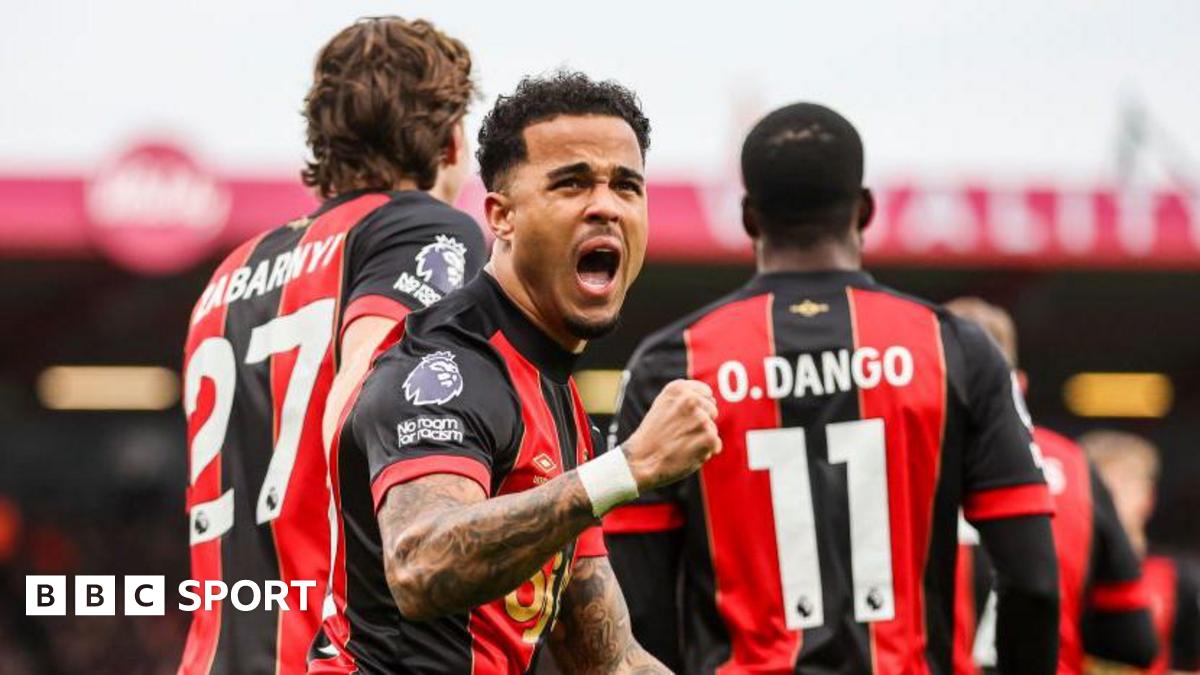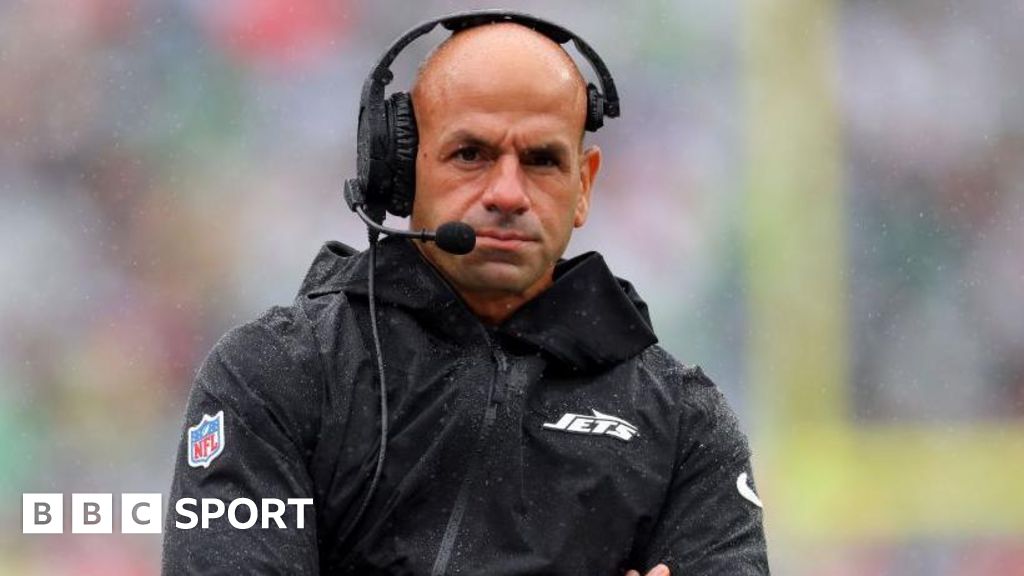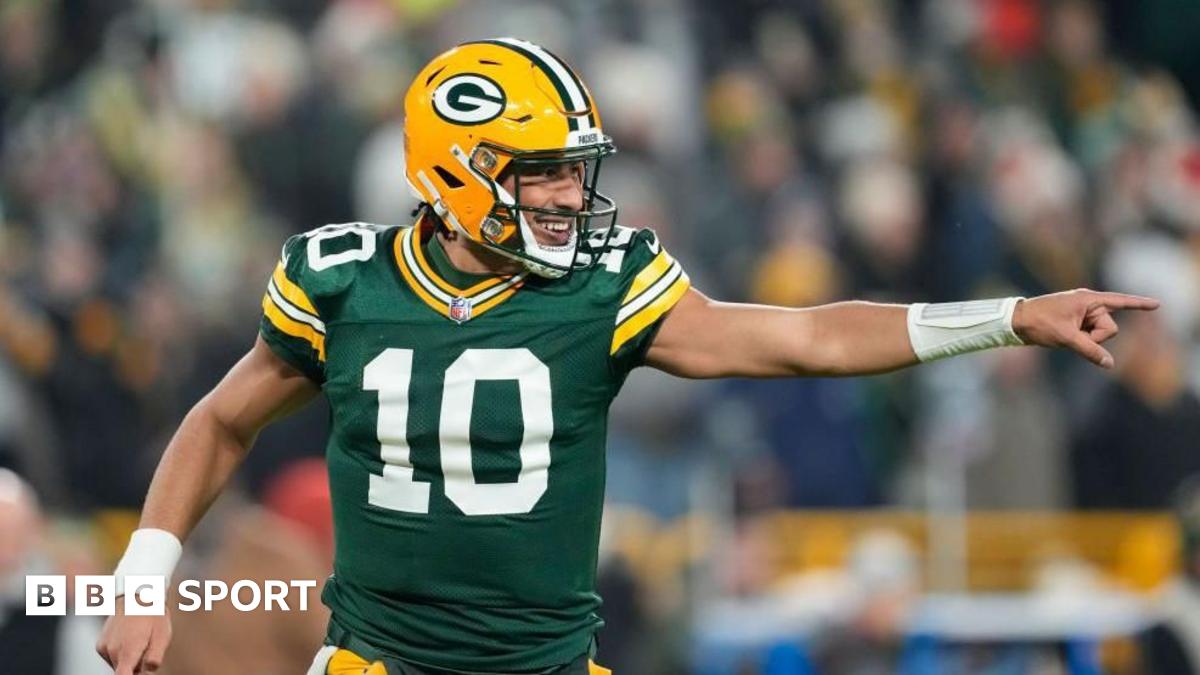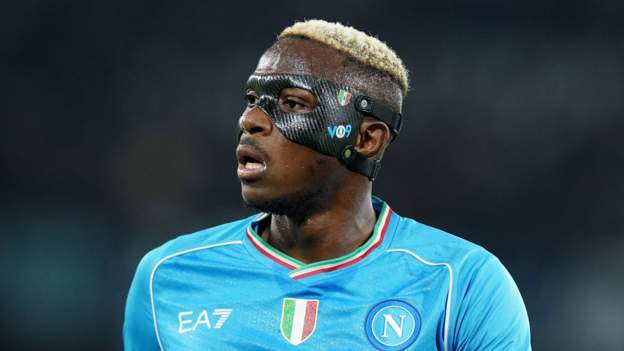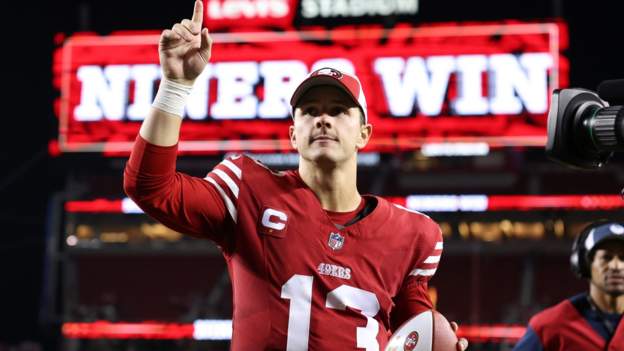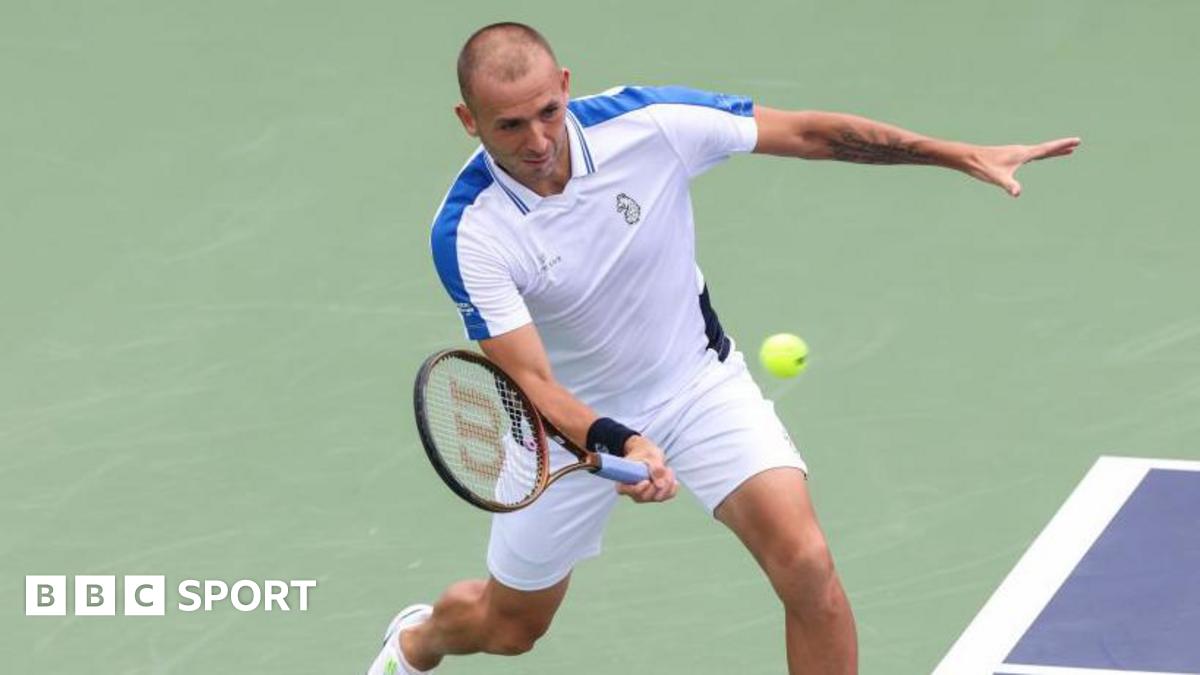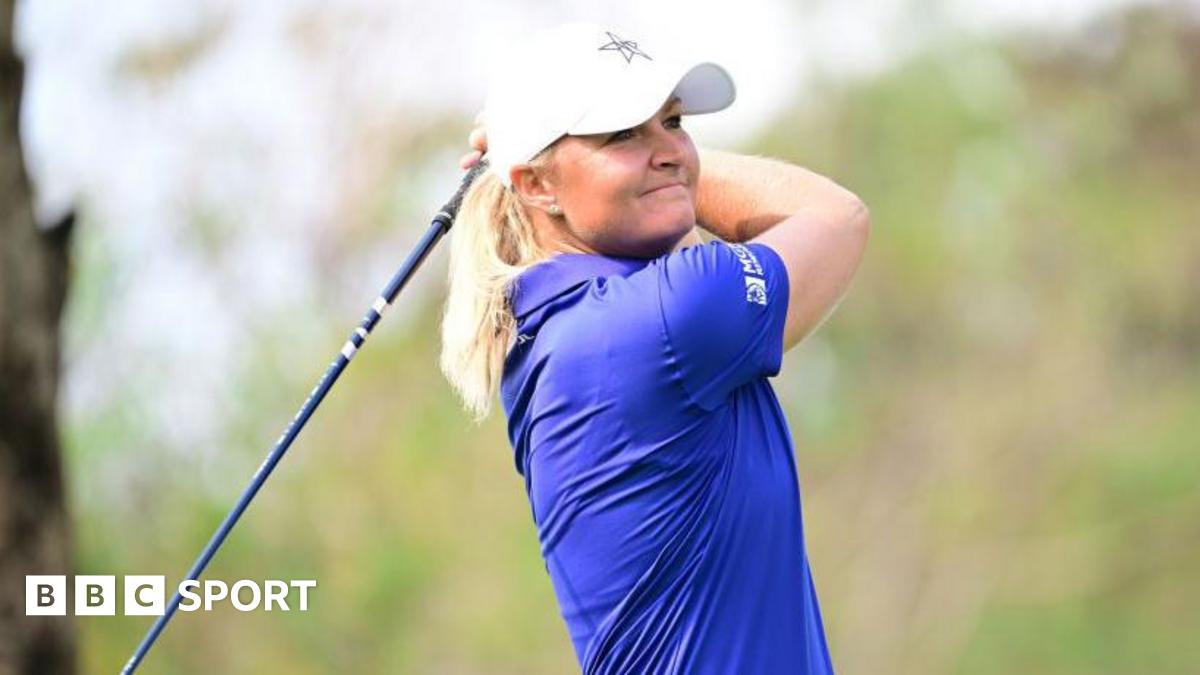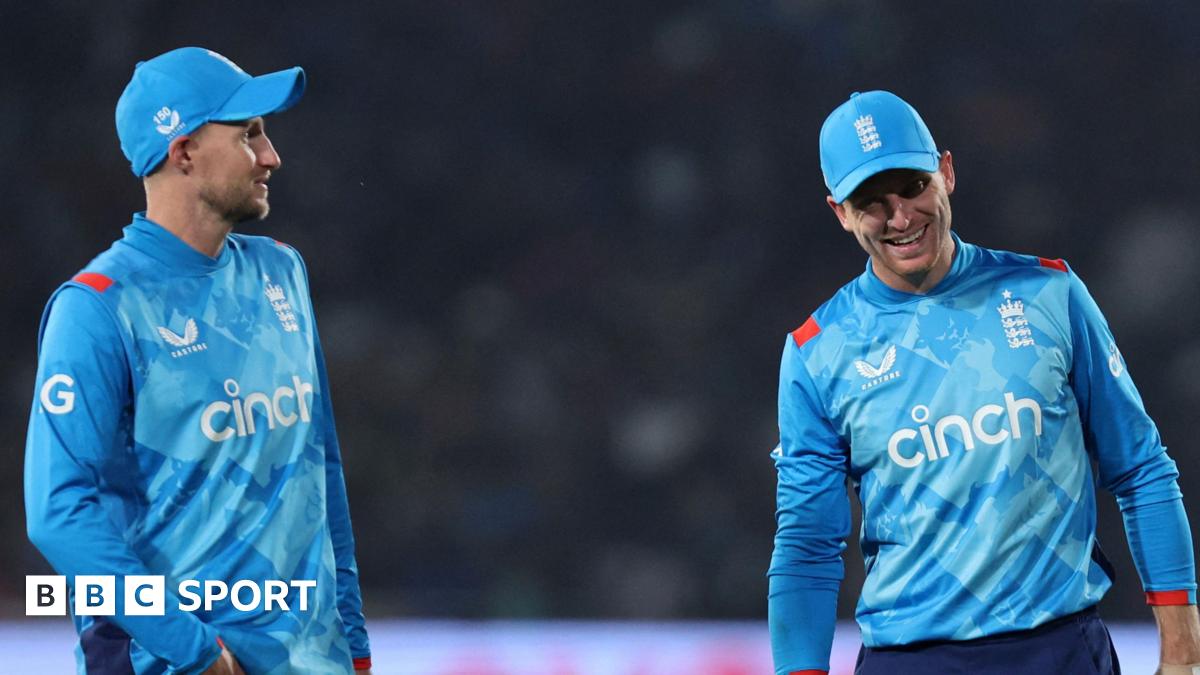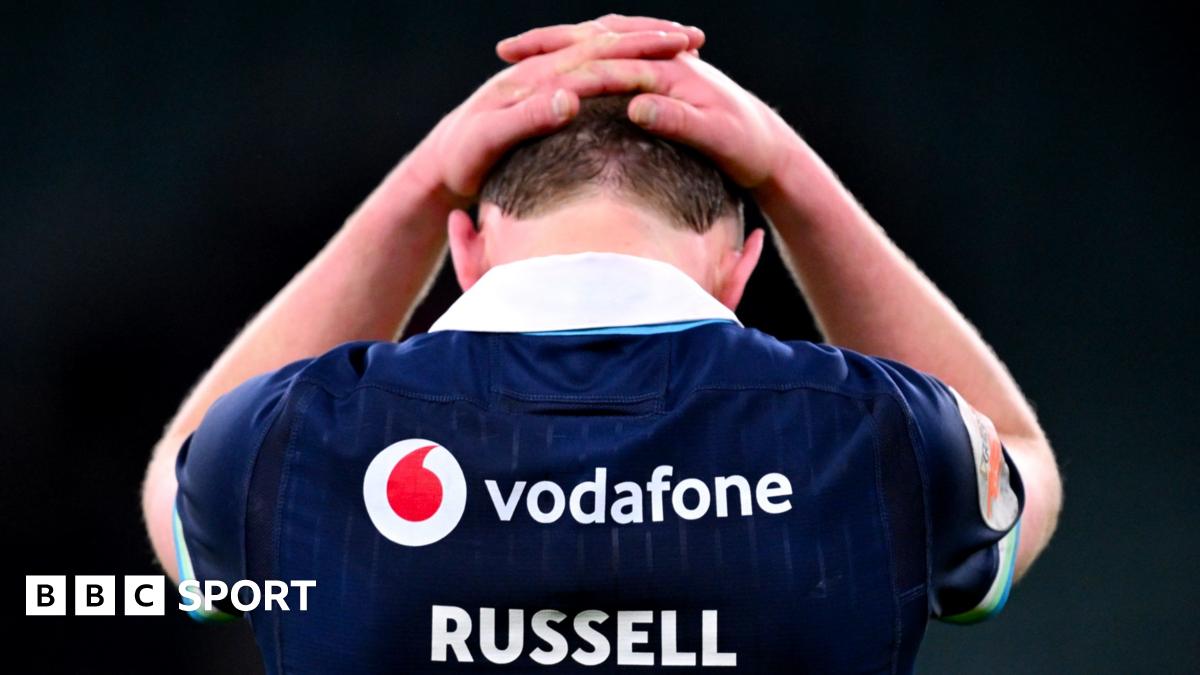The gifted kid from the outskirts of Albacete grew up following Michael Laudrup and Pep Guardiola, and was given the chance to hone his raw talent in their shadows when he was exposed to Barcelona’s revered La Masia youth academy at the age of 12, even if he did “cry buckets” on arrival.
He did not know then the influence the latter would have on his career.
Guardiola admired the understated up-and-coming playmaker when captain of the Catalan giants, famously suggesting fellow midfielder Xavi would retire him and “this lad Iniesta is going to retire us all”, before as coach making Iniesta a pivotal part of his all-conquering side.
“Barcelona was like an exam every game and you had to pass that,” says Iniesta. “That’s the base and each time you have to adapt to the environment, mould yourself to the style that is required of you – but always keeping the essence.
“I’ve had different coaches. I started with Louis van Gaal and then there was Guardiola, Luis Enrique and Ernesto Valverde. All coaches teach you something and you can learn something from all coaches. Maybe there are times I played less, but that experience enriched me too.
“It would be hard to point out a coach who has influenced me the most and that’s the same with the players I have played with and learned from. I have been in Barca and Spanish national teams in very good moments and I have been with the world’s best players and I have learned from all of them.”
Iniesta pauses for a moment to consider his answer and then continues: “It’s not only what you have immediately around you, but an opponent, an opponent’s system or style of play. I’ve always thought this motivation to learn is the motor to keep improving.
“You can learn from everything, not only from your immediate surroundings but from everything surrounding your football.”
He highlights the relentless energy of Marcelo Bielsa’s sides and the challenge of breaking down Jose Mourinho’s Real Madrid in El Clasico fixtures.
“I have been lucky to have played a lot of games in my career and you encounter a lot of teams, a lot of proponents,” says Iniesta.
“It is not the same in the different competitions that you play like the Champions League or La Liga or for the national team. English teams or Italian teams are very different. When you played against Marcelo Bielsa’s Chile, that was a particular team.
“Playing against Real Madrid when Mourinho was coaching – or Carlo Ancelotti – are experiences which really enrich you.”
It was Barcelona, though, who inspired coaches around the world to adopt the principles that made them so successful – the tiki-taka, the suffocating press, the focus on technically gifted players at a time when others were scouting for strong, powerful athletes.
“Barca has always been characterised by being a team that wants the ball and wants to keep the ball,” says Iniesta. “In the time of Guardiola, the football itself didn’t change but it was a time where teams were really looking at us and trying to learn.”

